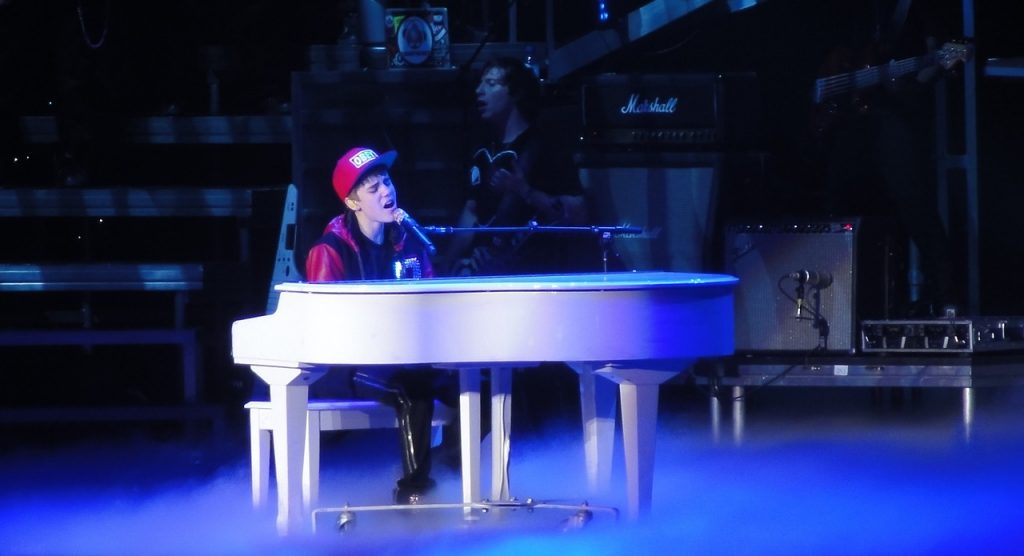The singer, who rose to global fame at 15 through his YouTube videos, has been absent from the music scene for two years following facial paralysis that forced him to cancel his last tour. Despite a lengthy list of missteps, such as driving under the influence or insulting his audience, fans miss him.
“This is serious, guys. Clearly, my body is telling me to slow down.” In June 2022, the century’s most famous prodigy, Justin Bieber (London, Canada, 1994), sent a brief message through his social media showing how Ramsay Hunt syndrome had paralyzed one side of his face. As a result, he was forced to cancel his Justice World Tour and temporarily retire from the stage. Today, March 1, 2024, the Canadian boy who leaped to fame at just 15 years old by uploading videos to YouTube, turns 30 with an uncertain future and a massive fanbase—nearly 300 million followers on Instagram—eagerly awaiting good news. Justin Bieber, once a regular on TV sets, international press headlines, and any media platform, has vanished from the spotlight, leaving everyone wondering why he does not want to return to singing his globally popular hits like Baby or Sorry on stage. The latest news about Bieber was made public this February when singer Usher, whose career in the music industry cannot be understood without Bieber, invited the Canadian to perform at the Super Bowl halftime show, the most awaited event of the year, which, in 2024, amassed over 200 million views. “Justin wasn’t ready for it; he just wasn’t feeling it.”
Usher, alongside manager Scooter Brown—who has also worked with names like Demi Lovato and Taylor Swift—helped discover Bieber’s talent. At that time, he was just a kid with an absent father and a mother who was only 17 when she got pregnant, dealt drugs, and had attempted suicide on occasion. “He’s like a son to me,” the American singer said, becoming a mentor to the Canadian and following him at every step, even when Justin fell into drugs, and the media labeled him as a “spoiled child,” Usher acted like a father both publicly and privately. “You know what I think? I feel like I’m talking about someone who’s had struggles,” he defended his friend in 2016 on The Howard Stern Show.
There were a couple of years, between 2013 and 2015, when the internet woke up each morning to a new Justin Bieber story. One day he was arrested, another he punched a fan, another he offended a group, a country, or an ancient culture. Behind this string of misdemeanors, which made Bieber “the most hated person in the world” by his own admission, were anxiety, drug and alcohol abuse, and promiscuity. If anyone can boast an extensive list of public misdeeds, it’s Justin Bieber: from being charged with DUI in Miami’s streets, abandoning his monkey, Mally, in Germany, to becoming a particularly criticized personality in the media: insulting Bill Clinton while urinating in a mop bucket; visiting Anne Frank’s house and stating the Jewish girl killed by Nazis during World War II “would have been a belieber”; sweeping his house floor with an Argentine flag; praying at the wrong Buddhist monument in Japan; making racist jokes on social media; ending a concert after singing just one song, ignoring his fans… Even Chinese authorities banned the artist from entering the country, considering him a bad behavior example.
